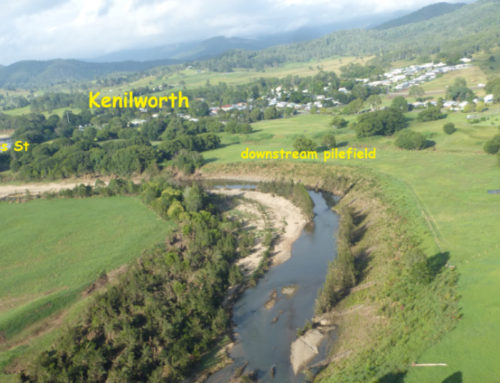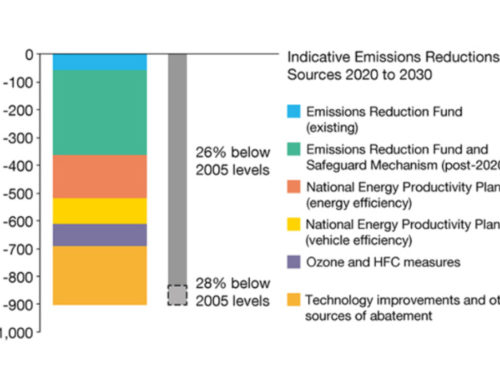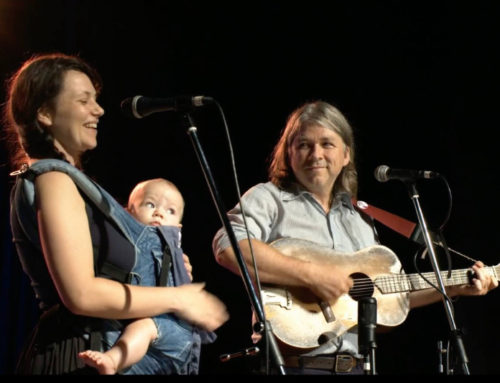What do you as a voter consider important in the work histories of the two politicians campaigning for the top job as Prime Minister of Australia?
Education and Background
Scott Morrison attended the GPS high school, Sydney Boys High School. He went on to complete a Bachelor of Science Honours degree in Applied Economic Geography at the University of NSW. His honours thesis is entitled, a Demographical Analysis of Christian Assemblies in Sydney. Morrison married Jenny Warren in 1990 and has two children.
Anthony Albanese attended high school at Sydney’s St Mary’s Cathedral College and then worked for the Commonwealth Bank. He left to study Economics at Sydney University. At University his hobby was, and remains, working as a DJ spinning Aussie Indie bands of the 80s and 90s featuring The Hummingbirds, Spiderbait, The Saints, Fall Joys and Celibate Rifles. Since 2020, he’s been in a relationship with Jodie Haydon, a superannuation Strategic Partnerships Manager. He has one son from his previous wife, Carmel Tebutt.
Mysterious Sackings in Morrison’s Marketing Career.
Morrison had a curious work history before entering Parliament. He held a variety of short term positions within the Liberal Party and short term contracts within the tourism industry. In 1998, he became Head of New Zealand’s newly formed Office of Tourism and Sport. In 2006, he was appointed Managing Director of Tourism Australia.
Major controversy surrounds Morrison’s career at both Australia’s and New Zealand’s Offices of Tourism. Morrison himself could resolve all questions about his working history in New Zealand and especially in Australia. But according to political reporter Karen Middleton, who has put multiple questions over years to the PM, the PM’s Office and the Australian National Audit Office (ANAO) has never received any response.
Middleton adds “The Senate has ordered the tabling of Tourism Australia contracts from the time leading up to Scott Morrison’s sacking, but the Prime Minister continues to argue their confidentiality.”
This great silence leaves Australian voters relying on the work of two credible researchers on Morrison’s work history. Annika Smithhurst, the former News Corp journalist, published a biography of Morrison, The Accidental Prime Minister. Karen Middleton, already mentioned, is the Chief Political Correspondent for The Saturday Paper, out of Canberra.
On 17 November 2018, Middleton notes, “The 1999 report by NZ’s controller and auditor-general examined the December 1998 resignations of two heads of the NZ Tourism Board, as well as payouts to them, that were later found to be unlawful. The report criticised Morrison’s role in the lead-up to these events.”
“Scott Morrison left NZ’s Office of Tourism and Sport, a year after the audit report was published and a year before the end of his contract. The reasons for his early departure have never been fully explained.”
Annika Smethurst describes the Tourism Australia job. “Following a three-month hunt, Morrison was offered the Tourism Australia $320,000-a-year role as Managing Director of the federally funded body – reporting to the TA board chairman (and former Deputy Prime Minister) Tim Fischer and to the new Minister for Small Business and Tourism, Fran Bailey.”
From the start, “TA board chairman, Tim Fischer, and his deputy chairman, Tony Clark, met Fran Bailey for lunch…those familiar with the meeting say the pair came to Canberra for one reason only: to warn her about Morrison, who was already proving difficult to handle.”
Smithhurst continues. Within months, “Bailey privately began to criticise Morrison for trying to steal the limelight, including by issuing press releases without approval from her office.”
“In February 2006, after spending millions of dollars on market research, Tourism Australia unveiled its big new advertising campaign, which asked the world: “So Where The Bloody Hell Are You?”
“But within weeks of its release, the campaign hit a major roadblock… Britain’s advertising regulator, the Broadcast Advertising Clearance Centre, banned the ad from free-to-air television…[They] ruled that the word “bloody” was only acceptable in a clinical setting.”
Karen Middleton reports that this “period was the subject of a scathing 2008 Australian National Audit Office report that disclosed what preceded the then Tourism Minister Fran Bailey’s decision to sack Morrison, backed by then Prime Minister John Howard and his department.”
[For multiple detailed media reports space here prevents see https://medium.com/@jimbeatson/here-are-detailed-links-on-scott-morrisons-time-at-tourism-australian-and-new-zealand-s-office-of-2440b6b9372c]
The Work History of Albanese
After graduation, Albanese became the Research Officer to the Minister for Local Government and Administrative Services. Over the years he became one of Canberra’s most experienced MPs, well versed in the processes of Government. Critically he held many of the key roles: Minister for Infrastructure and Transport, Minister for Regional Development and Local Government, the Leader of the House of Representatives, Deputy Prime Minister, and now leader of the Opposition.
Albanese gained much knowledge from many Labor leaders who were very good handling the economics of Australia. Bob Hawke brought union and business leaders together for Australia’s common economic good. Labor’s last Treasurer, Wayne Swan and his policies were described by the Australian Financial Review as creating “economic confidence that helped stave off recession – a feat unmatched in the western world”.
Most accounts describe Albanese as likeable, principled, hardworking and a keen student of how to get things done. He also has practical, in-depth experience of proper government processes.
Prior to 1950, these characteristics were what Australians wanted in their leaders. Driven by television and Internet news-cycles these qualities are now denigrated as ‘boring’. But the public, perhaps outraged by media obsessed leaders, might prefer leaders who focus on governing, planning and policy like Albanese, rather than photo ops, as constantly presented by Morrison. Such a Prime Minister may well be a welcome relief for voters.
By contrast, as explained by Middleton “The NZ auditor’s criticisms of Morrison – who is named in the report – are similar to some of those the Australian National Audit Office would make, nine years later, in its own report examining the management of Tourism Australia….In general terms, they included non-consultation, making unilateral decisions, not observing due process and restricting board access to information.”
by James Beatson


